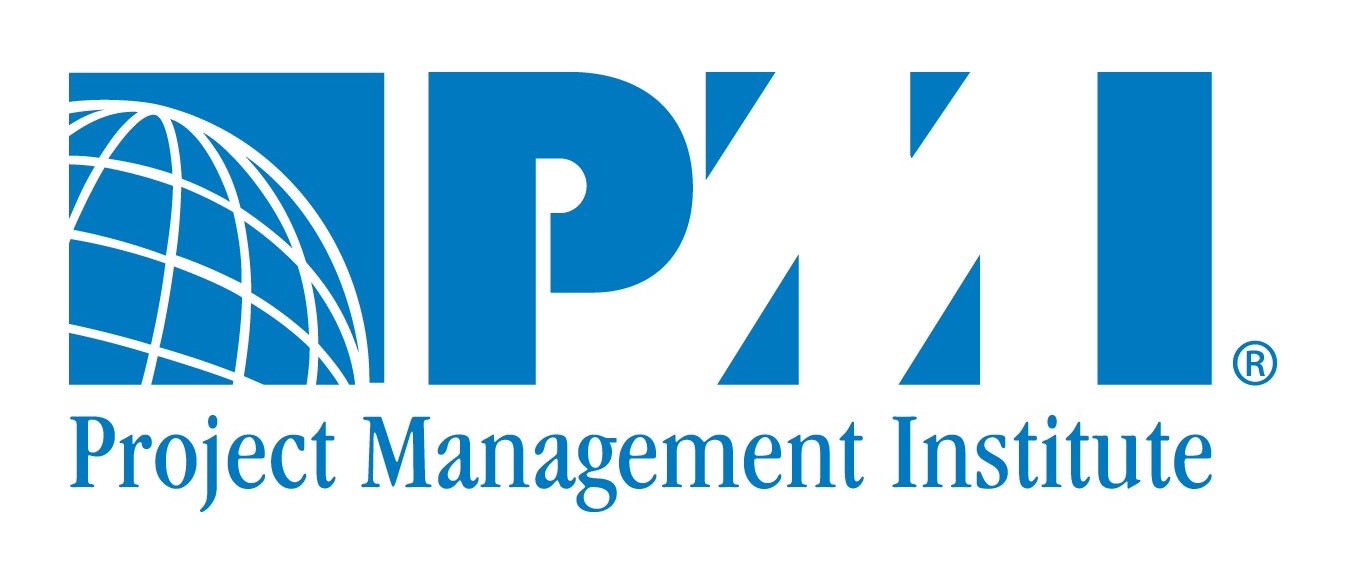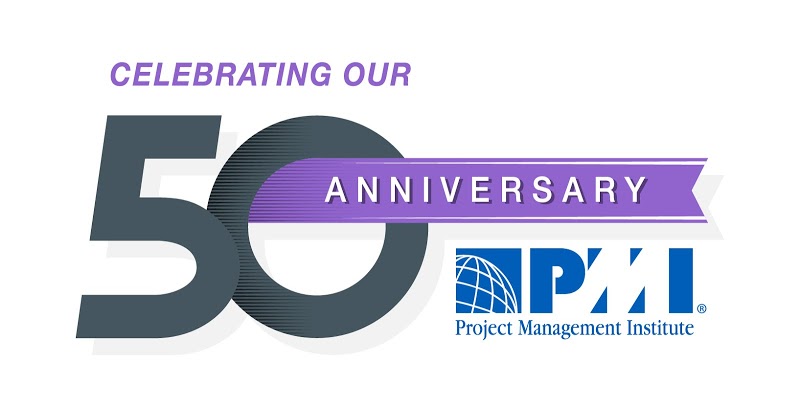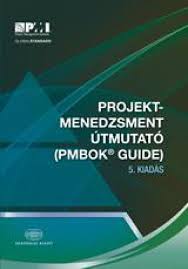There are many things that a project manager can do to make a project a success. But the easiest thing to do to give the project the opportunity to fail is to do nothing or just procrastinate. Procrastination doesn’t always lead to failure, but it can get you pretty close.

Procrastination refers to the act of waiting until later to perform those activities that are a high priority and must be done today or relatively soon. We rationalize this decision by working on those tasks first that are easy to perform or have a lower priority. Procrastination can be defined as a coping mechanism associated with the way in which we perform tasks, solve problems or make decisions. Procrastination may result in negative consequences such as stress, guilt, and loss of personal productivity, as well as social disapproval for not meeting responsibilities or commitments. These feelings, when combined, may promote further procrastination. Procrastination is most often addressed as a psychological issue. While it is regarded as normal for people to procrastinate to some degree, it becomes a problem when it impedes normal functioning because projects do not get completed and a bad situation can get worse.
In a project environment, the time constraint, as well as other constraints, should raise a red flag that says, “Procrastination is not allowed!” Work must get done; problems must be solved; and decisions must be made. All of this must be done in a timely manner such that the deliverables, timing, quality and cost are not sacrificed. Clients and stakeholders must be made aware that procrastination on their part can have the same deadly impact on the ability of the project to be a success.
The secret to overcoming procrastination in a project environment is first to recognize its existence and, second, to understand what must be done to overcome the procrastination and stop this type of behavior if possible. Procrastination cannot always be prevented but there are things that a knowledgeable project manager or project team can do to limit its adverse effects. The following contains a partial list of procrastination issues and possible ways of handling these situations. The list is not prioritized in any manner and is certainly not an all inclusive list.
Reviewing estimates:
Taking an exorbitant amount of time to review estimates that were given to you will not change the estimates. There is no such thing as a perfect estimate. Reviewing the estimates is the correct thing to do, but excessive reviews make matters worse because people now believe that something may be wrong. Accept what you were given and live with it. If the estimates were off somewhat, then you are in the same situation as all of the rest of us that are project managers. We must play with the cards we are dealt.
The fear of complexity:
Some people have an inherent fear of complex project tasks. You and the team were assigned to this project because someone who resides on a floor where there are mahogany desks believes in your ability to get the job done. Work breakdown structures are designed to reduce complexity by breaking the work into smaller, less complex and more manageable pieces. There is a simple proverb: the more complex the work, the more details should appear in the work breakdown structure.
The fascination with time robbers and distractions:
Some project personnel seem to be infatuated with time robbers. They feel the necessity to check e-mails every ten minutes; they answer all phone calls even if they know it will be a long conversation and not project-related; they allow themselves to be the dumping ground for work that should be done by other members of the team; and they seem to love to hear themselves speak in project team meetings. The solution to these issues is simply to say, “No, I will not do that.” Time robbers force project personnel to delay work until a future date. Because of the competing constraints, work delays could end up making some activities a high priority today when in fact they were actually a low priority yesterday.
Not understanding your energy cycle:
Most people do not really know their own energy cycle. Some people have early morning lag and post-lunch fatigue. Other people are “morning” people and therefore perform all critical work during the morning hours. This includes conducting project team meetings. If you know that the team is more productive in the morning than in the afternoon, then morning team meetings would be preferred especially for problem-solving.
Many years ago, I worked for a project manager that arrived at work by 6:30 a.m. every morning. He sat in an office with glass walls and everyone could see him at his desk. However, between 6:30 a.m. and 11:30 a.m., he kept his office door locked and neither responded to knocks on the door or phone calls. He believed that he needed at least a solid block of time, say five uninterrupted hours a day, to get all of his critical work done. In the afternoon, his door would remain open. Using this approach, he was highly effective in eliminating many of the time robbers that haunt most of us.
Action items: In my opinion, action items function like a kiss of death. The definition of an action item is some activity that will be done in the future. While some action items may be necessary, too many action items slow down a project and hoping that the action item will be forgotten or just disappear is just not going to happen. It is often better to make a decision quickly, based upon partial information, than delaying the project in the hopes of making the perfect decision. Any project manager that always makes the right decision is just not making enough decisions. Making perfect decisions may happen in science fiction stories but not in project management.
Report writing:
Some project personnel are simply poor at writing. The problem is that we waited too long to find out that some critical resources did not have satisfactory writing skills. I strongly recommend that, during the staffing of a project, you identify the reports upfront that must be prepared and then negotiate for personnel that have the necessary writing skills. Not all project personnel need writing skills. But trying to close out a project and then discovering that the team lacks writing skills creates problems.
It is also important to know what parts of a report should be written first. As an author of more than 45 books (including later editions of the same book), I always prioritize the chapters according to difficulty. I then work on the most difficult chapter first, followed by the next most difficult chapter. Therefore, the book becomes easier to write once the difficult chapters are done. This approach also motivates me to finish the book quickly.
Lack of prioritization:
Assuming that the team members know which activities are critical to the success of the project can lead to delays if the team members lack this knowledge. The project manager should prioritize the work for the team, when possible, so that there is no misunderstanding of what is important and what can be delayed. The team must be constantly reminded of the prioritization. It is important that interim milestones be established for activities that are seen as critical.
The fear of failure:
Some people have an inherent fear of failure with the belief that a failure can lead to damage to their career and reputation. This fear can lead to laziness and a lack of focus. The fear of failure induces stress. People may delay doing important tasks in the hope that the project will be cancelled. It is the responsibility of the project manager to make sure that people believe in the project and that success is possible. If people start out on a project with the belief that it can or will fail, then it most certainly will fail. Effective leadership and motivation is essential when managing high risk or critical projects.
There are many other activities that could be discussed related to procrastination on projects. Procrastinators are created, not born. People usually learn procrastination activities at home or by observing colleagues doing it. Even perfectionists become procrastinators when they believe that may not be able to do something to the best of their abilities and achieve the desired high standards. Procrastinators often say, “I’ll get to it tomorrow or the next day” or “I work better under pressure.” These are just excuses that the procrastinators rationalize for not doing the work.
Procrastination should be treated like a disease. Giving each team member a weekly planner will not get them to stop procrastination. Project managers must lead by example. Project managers must help the team identify that they are procrastinating, how they are doing it, and what the ramifications might be. Recognition of a problem is the first step to finding a solution. Project managers must be willing to help people overcome their fears and provide the necessary leadership, support, and even personal assistance. After all, good project managers believe in counseling and mentorship.
Procrastination has been with us for centuries. There have been many humorous as well as thought-provoking quotes over the years dealing with procrastination. Some of the quotes are:
“Nothing is so fatiguing as the eternal hanging on of an uncompleted task.” ~William James
“Procrastination gives you something to look forward to.” ~ Joan Konner
“An alarm clock is a device that wakes you up just in time to go back to sleep.” ~ Anonymous
“I like work. It fascinates me. I sit and look at it for hours.” ~ Anonymous
“Warning: Dates in a calendar are closer than they appear.” ~ Anonymous
“How soon ‘not now’ becomes ‘never’.” ~ Martin Luther
“Procrastination is the bad habit of putting off until the day after tomorrow what should have been done the day before yesterday.” ~Napoleon Hill
“Procrastination is the grave in which opportunity is buried.” ~Alyce P. Cornyn-Selby
“Procrastination is the art of keeping up with yesterday.” ~Don Marquis
If you want read more quotes, click here.



















